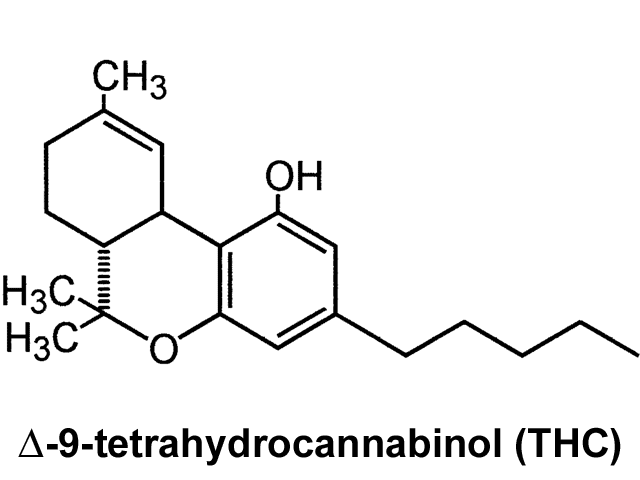Marijuana, Alcohol, Smell, and Appetite
On February 19th, Dr. Rachel Herz came into class and gave a riveting lecture on the importance of sense of smell. One interesting point she brought up was that marijuana has shown to increase the sense of smell, while alcohol decreases the sense of smell, with the exception of one glass of wine; this can enhance the sense of smell. Published just a few weeks ago on their website, Nature Neuroscience had posted an article that found marijuana or cannabis, increases appetite, and this is all because of its power to enhance smell. The scientists were able to conclude this because they compared the typical smelling and eating of regular mice to mice that were given THC. Tetrahydrocannabinol, or THC is the main psychoactive cannabinoid in marijuana.
The scientists found when they offered both groups of mice almond and banana, the mice who did not have THC (control group) sniffed the foods and eventually lost interest, the group given the THC did not lose interest and continued to sniff. When offered food to eat, the mice who were given THC also ate significantly more than the mice without the THC.The researchers then observed another group of mice that had fasted for twenty-four hours, finding that the results ended up quite similar to those seen in the mice given THC. They then created a whole new type of mouse done by genetically engineering them to not have any CB1 receptors in their olfactory bulbs. By doing this the researchers found that giving these mice THC didn't have the same effect, the mice reacted to smells the same as the mice without any THC; they no longer showed an increase in appetite. The conclusion of this study showed that cannabinoid receptors located in the olfactory bulb were triggered by the THC. The THC acts as a replica of the endocannabinoids which are produced when there is hunger. Therefore, enhancing the sense of smell and increasing the appetite of the mice. In conclusion THC enhanced the sense of smell for the mice, which caused an increase in appetite. This can be seen in humans as well, not just mice.
After reading this study it got me thinking, seeing as alcohol is a common piece of religious ceremony and marijuana not so much, these findings intrigued me. As we found so far in this class, scent, even though it is consider one of our lower senses, plays a very big role in religion along with everyday life. So why is it that alcohol seems to be mostly celebrated in most cultures, stunts our sense of smell, but marijuana is typically stigmatized as “bad”, enhances smell?
http://www.nature.com/neuro/journal/v17/n3/full/nn.3647.html



Good connections and good questions, but it's complicated. Alcohol may have the opposite effect to marijuana on olfaction, but it may have other socio-religious benefits. The ancient Greek philospher Plutarch called attention to wine's "friend-making power. Smell may be important to religions, but it isn't the only or most important thing in every religion. On the other hand, in some religions, like Rastifarianism, marijuana has a central sacramental role.
ReplyDelete